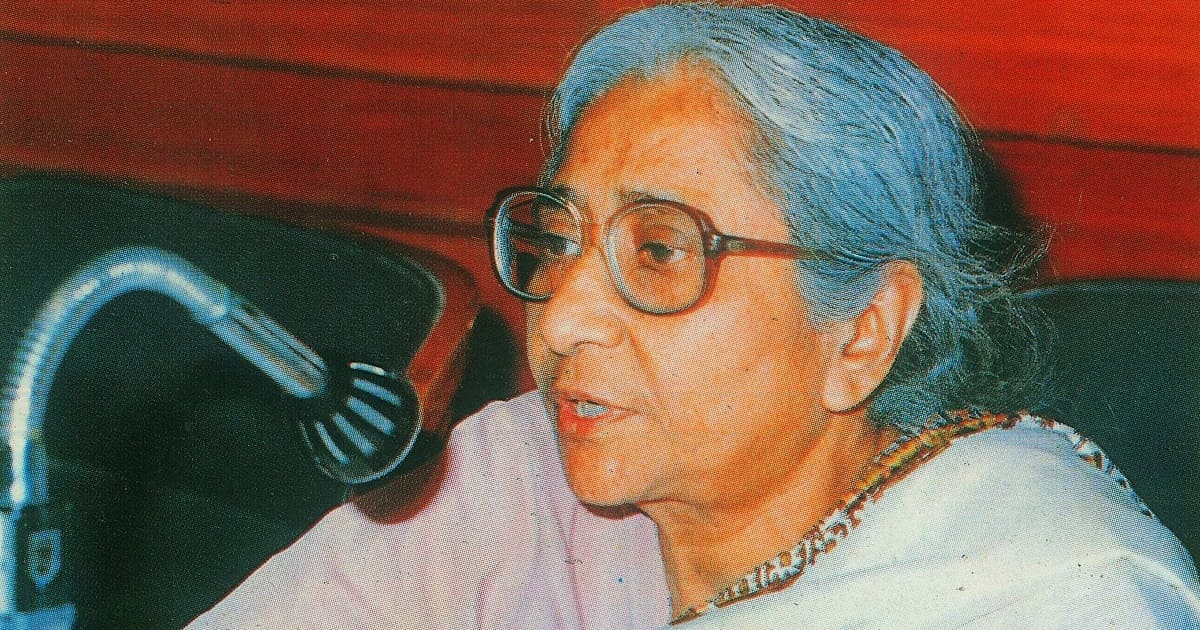
During a time when women were not even supposed to step out of the house, Asima Chatterjee broke all stereotypes and emerged as the first lady to earn a doctorate degree in India. On her 100th birth anniversary, Google made a doodle to pay homage to the first lady of medical chemistry in India. She is highly regarded for her pioneering work in medicinal chemistry.
The motto of the first lady scientist in India,
ADVERTISEMENT
“I wish to work as long as I live.”
Asima Chatterjee childhood and education
Asima Chatterjee was a renowned organic chemist. She was born on 23 September 1917 in Calcutta, West Bengal to Dr. Indra Narayan Mookerjee and Kamala Devi. She was the eldest of two children.
Her younger brother Sarashi Ranjan Mukherjee was a noteworthy surgeon and collaborated with Asima in her research on medicinal plants. Her father’s love for botany paved the way for Asima’s interest in medicinal properties.
Asima completed her graduation with honors in chemistry from the Scottish Church College of the University of Calcutta in 1936. She further received a master’s degree in organic chemistry from the University of Calcutta. Additionally, she had a research experience at the University of Wisconsin, Madison and Caltech.
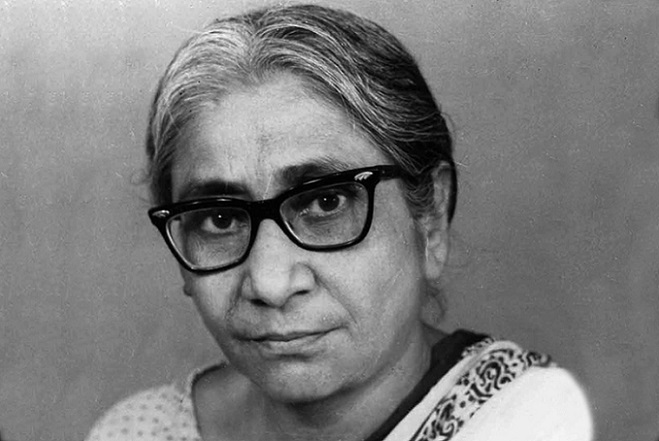
The career of Dr. Asima Chatterjee
In 1940 in association with Anjan Palit, a renowned figure in chemistry, Asima became the founding head of the Department of Chemistry at Lady Brabourne College, University of Calcutta. Asima’s doctoral research primarily focused on the chemistry of Plant Products and Synthetic Organic Chemistry.
ADVERTISEMENT
Right after her doctorate, Dr. Asima Chatterjee was appointed as the Honorary Lecturer in Chemistry, Calcutta University in 1944.
In 1954 she joined the University College of Science of the University of Calcutta as a reader in Pure Chemistry.
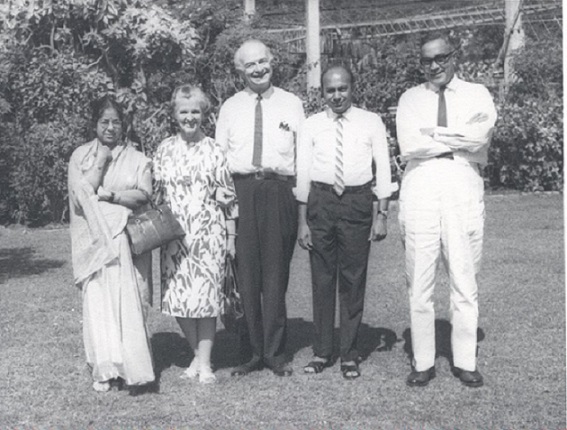
Asima Chatterjee discovery
- Asima researched natural products chemistry and developed leading anticonvulsive, anti malarial, and chemotherapy drugs.
- Her forty years-long research on vinca alkaloid compounds extracted from the Madagascar Periwinkle plant is her greatest contribution to chemistry. The compounds are now used to slow down the multiplication of cancer cells in cancer patients.
- She also chemically analyzed coumarins which came from the bael tree. Asima discovered the science behind the curable properties of bael trees in gastrointestinal disorders.
- Dr. Chatterjee’s most noteworthy achievement is the development of the successful anti epileptic drug ‘Ayush-56’ from Marsilia minuta while her anti-malarial drug was developed from Astonia scholars.
- In the span of her lifetime, she published 400 papers on Indian medicinal plants and their chemistry in national and international journals.
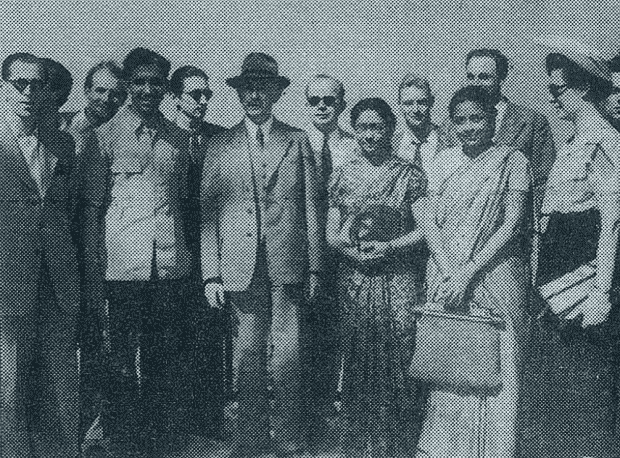
Dr. Chatterjee’s personal life
Dr. Asima Chatterjee married Dr. Baradananda Chatterjee in 1945. He always stood by her side. They had one daughter Julie. In order to create a balance between home and workplace, Asima used to get up early in the morning and finish all the household chores and cooking and then go to college.
After returning from college, she used to engage in household chores. In 1967 she lost her husband and father within four months which was tragic and affected her immensely. She even suffered a massive heart attack. But Asima lived on and gathered herself together with courage.
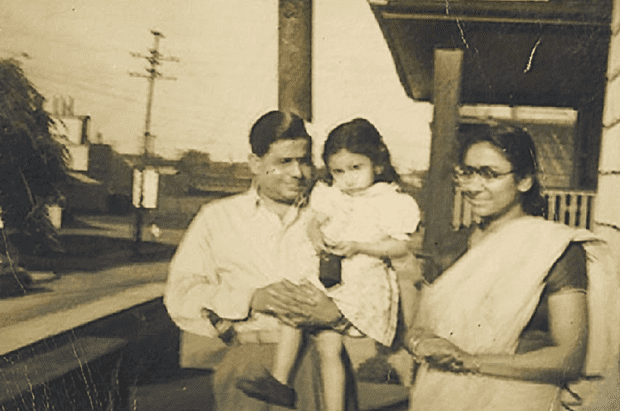
Asima Chatterjee awards and achievements
Asima was a Premchand Roychand Scholar at the University of Calcutta and served as the Khaira Professor of Chemistry, one of the most coveted chairs of the The University of Calcutta in a span of twenty years.
- In 1960, Dr. Chatterjee was elected as a Fellow of the Indian National Science Academy, New Delhi.
- In 1961, Asima became the first female recipient of India’s most prestigious science award, the annual Shanti Swarup Bhatnagar Prize.
- In 1972 she was appointed as the Honorary Coordinator of the Special Assistance Programme to intensify teaching and research in natural product chemistry, sanctioned by the University Grants Commission (UGC).
- She was awarded the Padma Bhushan, the third highest civilian award in 1975.
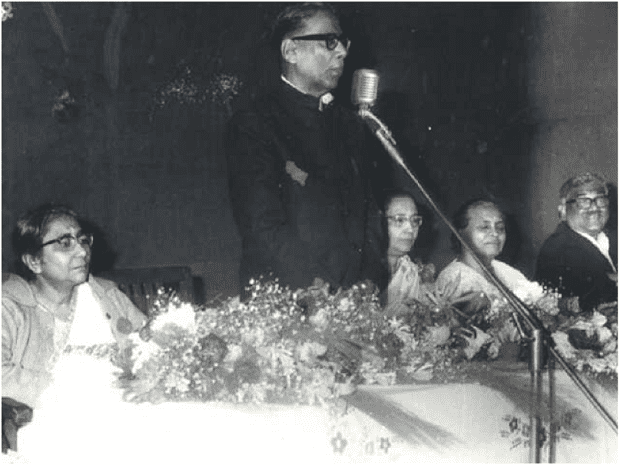
- Dr. Asima became the first lady scientist to be elected as the General President of the Indian Science Congress.
- She was also the recipient of the CV Raman award.
- Dr. Chatterjee was appointed as a member of Rajya Sabha by the President of India from February 1982 to May 1989.
- Prof. Asima Chatterjee received the P.C. Chandra Puraskar in 2001.
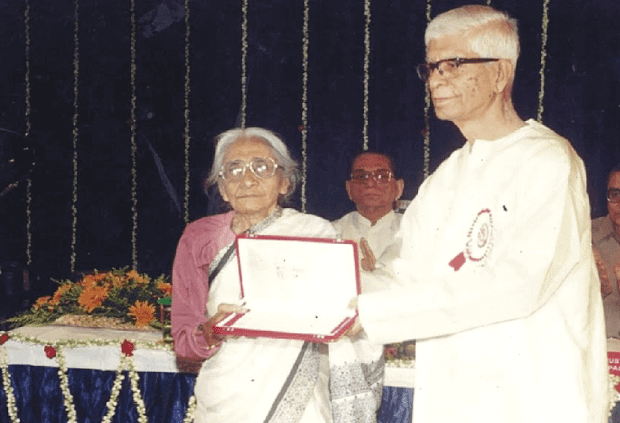
Asima Chatterjee death
Dr. Chatterjee died on 22 November 2006 in Kolkata at the age of 89. Her devotion and her thirst for knowledge are an inspiration for all. Dr. Chatterjee has proved to be the epitome of progressive feminism.
ADVERTISEMENT
With a view to commemorate Indian women’s contribution to science & innovation and inspire young girls to take up STEM subjects, Government announced establishment of 11 Chairs in Institutes across India. #BetiPadhaoDeshBadhao pic.twitter.com/SOKLACeSXh
— Smriti Z Irani (@smritiirani) March 1, 2020
ADVERTISEMENT











